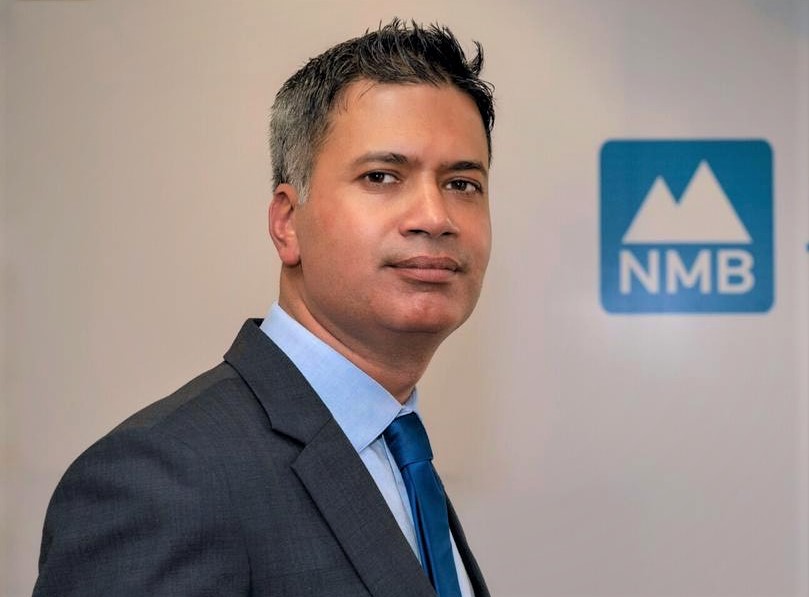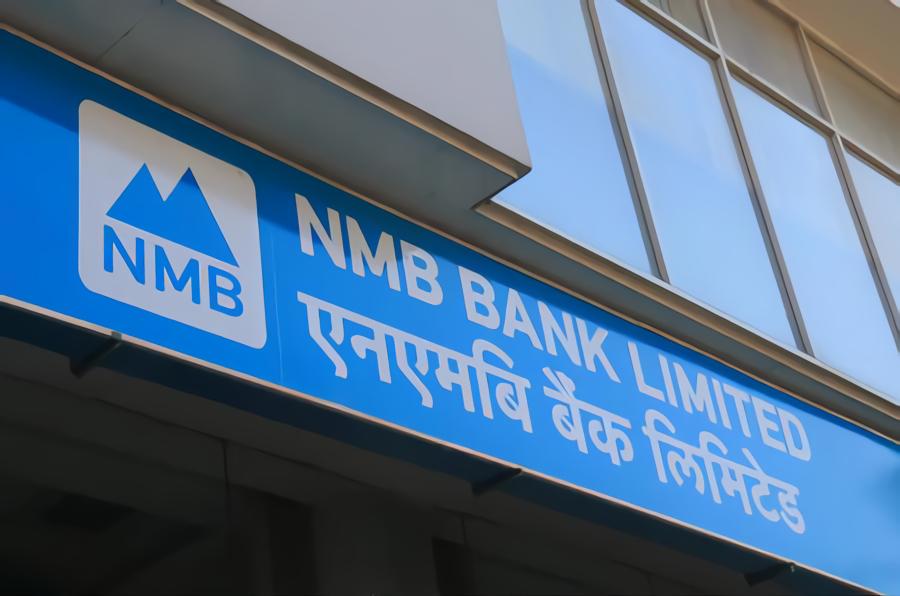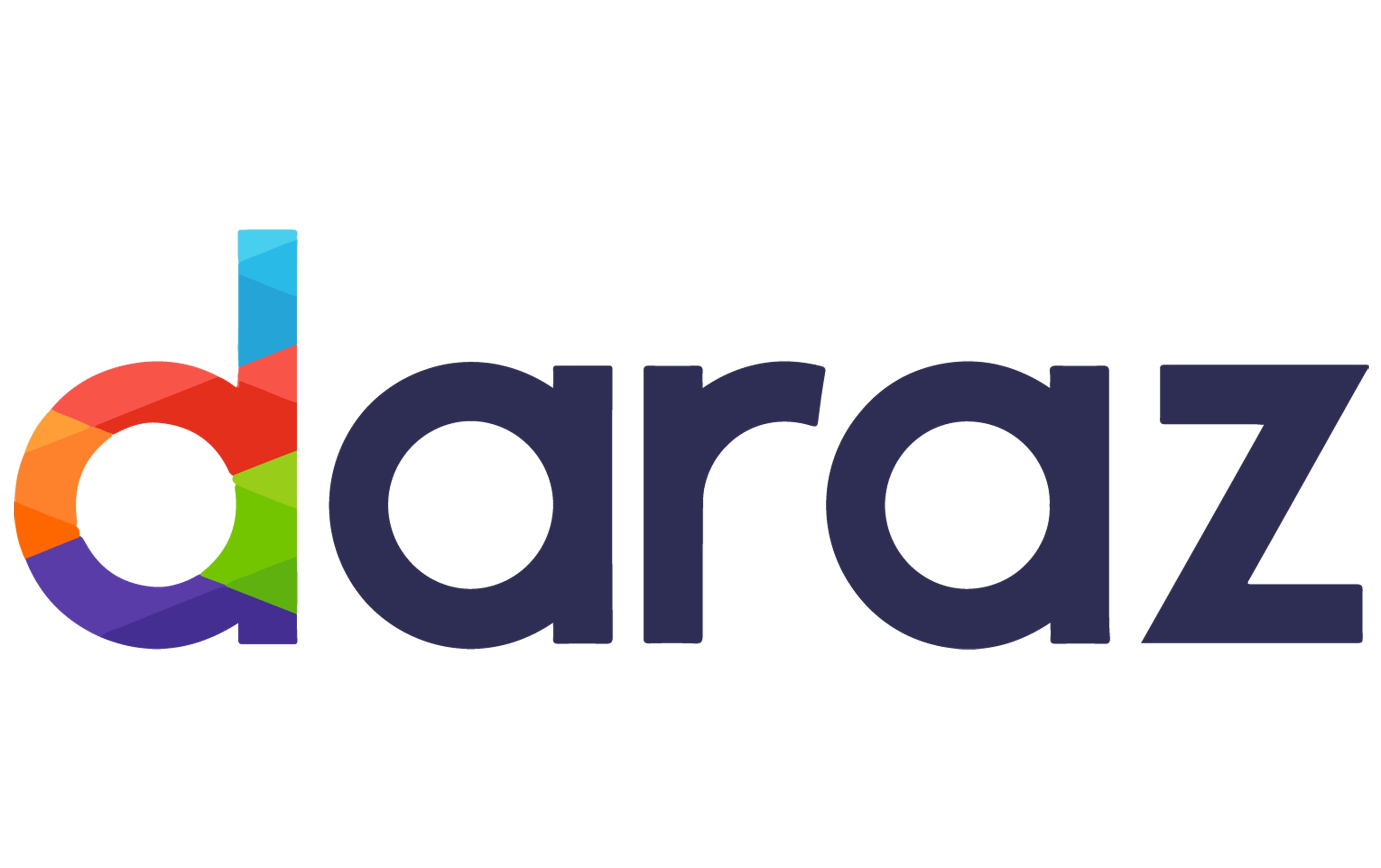NMB Bank: The trendsetters in adapting best international practices
NMB Bank has been awarded the ‘Bank of the Year Nepal’ title for four of the past five years. Most recently, the bank won the ‘The Bank of the Year Asia 2021’ from The Banker magazine, London.
The latter award is regarded as the industry standard for assessing banks across the globe and recognizing the world’s leading institutions. NMB is the first-ever Nepali bank to get this award since its commencement in 2000.
Pratik Ghimire of ApEx talked to Sudesh Upadhyaya, deputy CEO of NMB Bank, on the bank’s achievements and the prevailing market challenges.

Let’s start with ‘The Bank of the Year Asia’ award. How did that happen?
After 2015, we consistently prioritized three pillars: sustainable banking, digital transformation, and corporate governance. This is the main reason we became the best in Asia. Sustainable banking means we invest in environment-friendly companies by valuing our social responsibilities. We prefer sectors that help communities rather than a few individuals.
We are the frontrunners in terms of many new practices in the Nepali banking sector. For instance, we were the first bank to launch the ‘Omnichannel’ system under which KYC can be processed through video and certain operations can be performed using a messenger, and so on. With Omnichannel, any customer can apply for a loan online, and it will be issued (if the documents are correct) without printing any paper. These are examples of our digital transformation.
We strictly adhere to corporate governance. We treat all stakeholder, shareholder, customer, staff, and other bank-related companies and individuals as equals. On many occasions, our bank has compromised on profit to make people happy.
What is the driving force behind your recent success?
The greatest motivation comes from an appreciation of our work. Thankfully, our stakeholders, shareholders, customers, and others love, enjoy, and most importantly, trust our work.

What are the core values of your bank?
Integrity, compliance with regulations, customer focus, teamwork, and innovation are our core values, and these things guide, bind, and drive us on the path of success. These values, we believe, are fundamental to defining not only who we are, but also what we do and in what manner we serve.
NMB is a founding member of the Global Alliance for Banking on Values. What are its benefits?
I talked about practicing new systems of sustainable banking, digital transformation, and corporate governance. These values come from the alliance, as this is a team that works to improve the norms, ethics, values, and responsibilities. We learn from international banks and other Nepali banks follow our lead.
Also read: Daraz: Revolutionizing e-commerce in Nepal
Now let’s move to market challenges. Nepal Rastra Bank has increased the capital of commercial banks to Rs 8 billion, and most of the banks are overcapitalized.
NRB increased the mandatory figure from Rs 2 billion to 8 billion, which compelled commercial banks to compete. So, they gave lower returns to investors as they were overcapitalized. But, with time, the banks are getting stronger and more stable and they will return their fair share.
The central bank has also intervened on fixed deposit rates. How will it affect the banks?
Again, due to competition, banks had to increase interest on fixed deposits. But after the NRB introduced the protocols, banks were obligated to follow. A few months ago, we had witnessed malpractices, but everything is under control and running smoothly right now.
How do you fight the liquidity crisis?
We are in touch with international brands and because of our policies and goodwill, we have their trust. We can get liquidity from outside the country as well. Similarly, we, along with other banks, are working to convince Nepalis abroad to send money home because remittance, the major source of liquidity, is lower than in the previous years. There have been rumors they send money through illegal channels, so we are working on ways to help them start sending money through formal channels.
When will NIBL, Himalayan complete merger?
The joint merger committee formed by Nepal Investment Bank and Himalayan Bank is taking its own sweet time to finalize their merger deal and start operations as one company.
The new company, which is to become the biggest commercial bank in Nepal, has again written to the central bank to allow time to conclude the merger process even as shares of both companies owned by the public remain frozen for months.
The two banks had signed a memorandum of understanding (MoU) for a merger in April, committing to complete the merger within two months. The new bank was to be chaired by Prithvi Bahadur Pandey while Ashok Rana would be its Chief Executive Officer. Pandey is currently the chairman of Nepal Investment Bank; Rana is the chief executive officer of Himalayan Bank.
Also read: Fraud case against Century bank
NRB had earlier extended the deadline for the merger by three months after the banks cited paucity of time. The first extension ended on Dec 5. After the process was not completed even in the extended period, the merger committee wrote a letter to the NRB requesting another extension.
Lately, various obstacles have been seen in the merger. Before the merger formally concludes, both the banks need to pass a merger proposal from the annual general meeting. While Nepal Investment Bank has already convened its general meeting, Himalayan Bank has not yet set a date for the same.
NRB has given conditional permission to Himalayan Bank to convene its general assembly. However, it has been said that the proposed cash dividend to shareholders will be distributed only after the completion of the merger. For this year, the bank had proposed 21 percent bonus shares and 4 percent cash dividend. It is said that the Himalayan Bank's shareholders are not happy with the decision.
Daraz: Revolutionizing e-commerce in Nepal
As the first e-commerce company to become a part of the mainstream in Nepal, Daraz has come a long way. It has built a platform for buyers and sellers from across the country to connect online by making products accessible to more people, especially during the lockdown.
What started as a start-up in 2018 has grown by 1,500 percent in the past three years. Today, Daraz’s 700 employees and 1,200 sellers cater to more than 1.5 million customers living in 47 different cities across Nepal. It also contributes to the economy with growing employment opportunities, investment in logistics, and payment partnerships.
“E-commerce was almost an entirely new topic for most people in the beginning”, says Lino Ahlering, managing director at Daraz, “But with time, more people are trusting online shopping sites and apps.”
Also read: Sonam Subba Limbu: Design with conscience
With the lockdown, as well, Daraz adapted to being more efficient and serving people what they needed in times of crisis. Despite having to reduce its assortment to 20,000 essential products from more than 500,00 during the time of the pandemic, more people started turning to this app for its convenience and accessibility.
“We played our part in convincing the government that e-commerce can be a great help for the country’s economy,” adds Ahlering, “And our alert and agile nature helped more people realize how useful online shopping can be.”
Daraz started as a Pakistan-based online fashion retailer owned by Rocket Internet, a German company. The company focused on creating e-commerce models all around the world. Daraz then spread across other countries like Bangladesh, Nepal, and Sri Lanka. The company, which used to manage sales for one seller, is now a platform for thousands of buyers and sellers based in Nepal.

To increase its impact and become one of the first professionalized and wide scaled online shopping platforms, it also started training sellers and building infrastructures for other businesses to flutter as well.
It is a sector that doesn’t make a lot of profit but requires tons of investment in the long run. Daraz managed to start from scratch in terms of the infrastructure it needed to grow in Nepal. It is creating an atmosphere to show that this is a very promising market that requires patience. “Our focus was to take something existing, professionalize it and scale it up to make something much bigger,” says Ahlering, “This massive growth shows how e-commerce picked up in Nepal.”
Focused on young people looking for jobs, Daraz has been providing full and part-time employment to around 1,500 people in different parts of the country. With a local team devoted to giving out the best customer experience to the people, it has adopted an entirely new working module in a short time. Yet, their biggest investments every year go into logistics, building infrastructure, and establishing a system. “At present, after laying a foundation, we are focusing on teaching people about e-commerce,” adds Ahlering.
Daraz is on the verge of becoming a household name. There are more interesting features in the pipeline to enhance the customer experience and make it even more accessible with the feedback it has received. They are also expanding their offices in rural Nepal and bringing in more sellers to reach and promote more local businesses.
Reaching a state of trust was a journey as Daraz was eventually gaining popularity among the people. An accountable team, reassuring products, user-friendly, and promising delivery services won the hearts of many. The connection customers had with the market sparked a desire to keep coming back. Recently, Daraz Livestream was started for young influencers to represent Daraz to showcase what they do. With that, Daraz also holds yearly campaigns with extreme discount offers and vouchers that amplify the dialogue and give the customer an experience they don’t want to miss out on.

The yearly 11/11 sales have become like a festival. It is one day full of product price discounts, grand sales, banking discounts, and payment partner discounts on all kinds of products. Not just for customers, but this grand sale has also been helping many sellers to come back up after being hugely impacted by the pandemic. “We acknowledge our buyers for their trust and loyalty, and we want to give them something special in return”, says Ahlering. During this time, around 1,500 employees are at work to make the grand sale possible.
Despite the uncertain times, Ahlering, representing the entire team, stands optimistic and looks forward to brighter years for growth. “The pandemic has shown me the power of teamwork,” he shares, “It was a rollercoaster ride and I’ve learned that in times like this, a strong, resilient and motivated team is needed, and we are grateful to have that.
The upcoming 12/12 sale on December 12 is again another grand cherry on top sale for the winter shopping season. Ahlering acknowledges it as, “a perfect way to round up the year.”
“We want to thank our customers for their trust and wrap this year up recapping the journey and celebrating its end.”
Fraud case against Century bank
A fraud case has been filed against Century Commercial Bank and Greenhill City, a housing company, for allegedly embezzling over Rs 10 million while selling a housing unit.
According to Beema Post, the bank, the housing company, and Shanta Sharma signed an agreement under which Century provided Greenhill a loan of Rs 13.1 million on 13 January 2019 for Sharma to buy the house, valued at Rs 32.2 million. Sharma paid Rs 10.3 million as an advance in cash. The bank, which handed over the loan amount to Greenhill, made Sharma pay the monthly installments for it.
On 21 October 2021, Sharma received a letter from Greenhill saying that she has only paid Rs 10.3 million for her house and that she needs to pay up the rest of the amount. The company, in its letter, didn’t acknowledge its receipt of Rs 13.1 million from the bank.
Also read: NB Group ‘unfit’ to buy NBB shares
The victim now says that Century and Greenhill have colluded to embezzle the Rs 13.1 million the bank issued to the company following the agreement on January 13. Greenhill has also not completed all construction-related works of the house.
Sharma recently moved the high court seeking action against the bank and the company stating that her repeated complaints filed at the central bank remained unheard.
This is not the first time that Century has been involved in a controversy. Recently, it lost Rs 50 million due to unscrupulous business practices by signing a remittance agreement with a mysterious overseas company, but the central bank is yet to take action against its employees




















